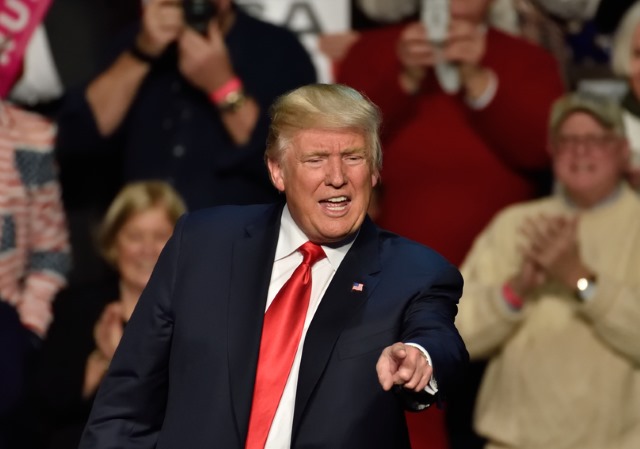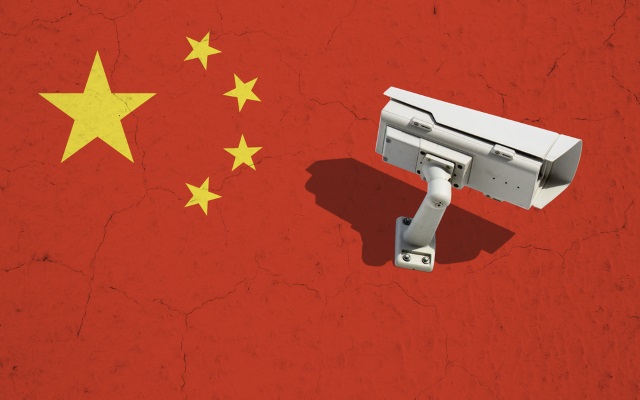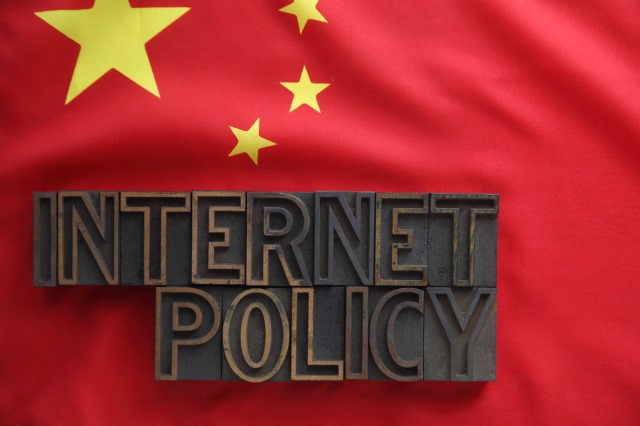
Cryptocurrency market recovers: Bitcoin back over $4,000, Ethereum rebounds to $290
The cryptocurrency market is recovering well after shedding over $75 billion last week in what was a major post-rally correction. News that China banned ICOs and a rumored ban on Bitcoin exchanges in the country have not brought the market to its knees, as its capitalization is now up by around $40 billion since the low reached only a few days ago.
Many "experts" have linked the correction to the bad news from China, claiming that it will be very hard for the major coins to recover. Ethereum was expected to be hit the most, as the ICO ban means its appeal in China would be severely limited, but it posts the second-largest growth post-correction of the top 10 coins.

How to tackle ICOs to avoid regulatory issues
In an alarming but long-feared move, Chinese authorities announced on September 4, 2017, that from then on fundraising Initial Coin Offerings (ICOs) will not be allowed to take place on the domestic market. ICO technology can be used as a tool to collect funds from backers to launch new blockchain projects.
The Chinese regulators instructed companies that have already completed their fundraising ICOs to refund the payments to their backers, and the public and financial institutions are asked to report to the authorities all suspicious fundraising activities involving ICOs and cryptocurrencies. Naturally, this development threw the Chinese blockchain community into disarray.

Trump blocks Chinese purchase of chip-maker Lattice over national security concerns
President Trump has blocked a Chinese investment firm from buying US company Lattice Semiconductor. The acquisition was stopped because of national security concerns.
Following a recommendation by the Committee on Foreign Investment in the United States (CFIUS), the Trump administration said that the potential buyer, Canyon Bridge, "might take action that threatens to impair the national security of the United States."

Bitcoin drops to $3,500 after China ban rumors
The cryptocurrency market is now in a massive correction which has wiped out over $50 billion from its market cap high reached at the beginning of the month. The downward pressure seems to center on rumors that China wants to ban Bitcoin, the most valuable cryptocurrency.
I say rumors because there seems to be no official information from China that a ban is, indeed, in the cards. That has not stopped various websites from giving them too much credence, which adds to the instability that we have seen recently.

Putin bans VPNs and proxies in Russia as Apple explains pulling VPNs from Chinese App Store
VPNs and proxies are now illegal in Russia after Vladimir Putin signed a new law which prohibits technology that can be used to access websites that are banned in the country. The law also prevents people from using tools to stay anonymous online, and a second law requires users of messaging tools to be identifiable through their phone numbers.
As Russia hardens it implementation of government-imposed censorship, Apple has explained the sudden disappearance of around 60 VPN tools from the Chinese version of its App Store. The actions of both countries are seen as attempts to further thwart freedom of speech.

Chinese government forces Xinjiang residents to install spyware on their mobiles
China's control of the internet is no secret and the government's latest encroachment into people's lives sees residents of the north-west Xinjiang -- a largely Muslim area -- being forced to install surveillance software on their phones, sparking privacy concerns.
Notifications were sent out recently informing mobile users that they had just 10 days to download and install the Jingwang spyware. Random checks are now being carried out on the street to ensure that citizens have the app installed. Anyone found without the software faces up to 10 days in jail.

Auditors to check all audiovisual content uploaded to Chinese sites to ensure 'core socialist values'
China's control of the internet is no secret, and the Chinese government has just introduced new regulations that require all audio and video content to be vetted by officials before it can be posted online.
The aim is to check that content adheres to the government's "core socialist values" and don’t stray into out-of-bounds topics such as homosexuality and drug-taking. The new regulations take immediate effect, and bloggers, media outlets, and filmmakers are concerned that they will be either censored or shut down.

China bets on AI to boost productivity and empower employees
China is reportedly set to beef up its AI capabilities as it looks to boost and improve its tech talent.
According to a Reuters report, this is all part of a soon-to-be-announced national Artificial Intelligence plan, which was allegedly confirmed by a senior Chinese official speaking to China Daily.

Chinese company Rafotech believed to be behind millions of malware infections
According to extensive research from the Israeli cyber-security firm Check Point, a Chinese digital marketing company called Rafotech has infected millions of computers worldwide with adware that redirects user traffic to fake search engines.
The fake search engines then divert their search queries through Google and Yahoo's affiliate programs to earn a commission for the company behind the adware. So far Rafotech has infected over 250 million computers according to a rough estimation from Check Point.

China's QR codes changing the way young people perceive money
QR codes are "changing social behavior" in China, according to a new story published on the South China Morning Post. As a payment technology, QR codes are going through a renaissance in mainland China, where mobile payments are now 50 times greater than those in the US.
Mobile payments in the States have reached $112 billion last year, the report states, calling on a Forrester Research report.

Windows 10 China Government Edition allows China to control encryption and telemetry
Microsoft's event in Shanghai today may have been mainly about the Surface Pro, but there was also news of a new version of Windows 10. The new version -- which we reported about a couple of months ago -- is called Windows 10 China Government Edition and it makes a number of concessions to keep Chinese officials happy.
It’s a release that raises a lot of questions. The Windows 10 China Government Edition allows the country to not only use its own encryption, but also to control updates, remove unwanted apps, and manage telemetry. Users around the world will almost certainly be asking why control over telemetry is not an option for them, and what the implications of making changes for the Chinese government could be.

APT3 hacking collective has ties to Chinese government
Cybersecurity experts from Recorded Future think the cybercrime group we know as APT3 is on the Chinese Ministry of State Security’s payroll.
It bases its conclusions on the work of "intrusiontruth," a group claiming to have investigated some of the most important APT actors. Analyzing APT3’s C&C infrastructure, it came across two names, Wu Yingzhuo and Dong Hao, who allegedly registered many of the domains that the threat actors had used.

Microsoft completes modified version of Windows 10 for Chinese government
Microsoft could be on the verge of making greater headway in China after completing a modified version of Windows 10 for the Chinese government. The operating system has been banned for governmental use for some time despite the fact it is already available to consumers in the country.
A joint venture with state-owned China Electronics Technology Group, Microsoft's modifications are now awaiting government approval. While details of the included changes are not being released, China's concerns about other nations implementing surveillance through the software will almost certainly have been a key factor.

Officials say it's time for the Great Firewall of China to ease up on censorship
The Great Firewall of China is famed for the restrictions it places on what Chinese citizens can access online. If a site provides access to news from the west, conflicts with state propaganda, or criticizes China or its ruling Communist party in any way, it is blocked. But some officials are now suggesting that it's time things changed.
The impetus is not a sudden softening of the political agenda, but a suggestion from the leading advisory body the Chinese People’s Political Consultative Conference that censorship is damaging China's progress in terms of the economy and science.

Hidden backdoor discovered in Chinese IoT devices
Researchers at Trustwave have uncovered a backdoor in IoT devices from a Chinese manufacturer that could leave them open to exploitation.
The backdoor is present in almost all devices produced by VoIP specialist DBLTek, and appears to have been purposely built in for use by the vendor.
